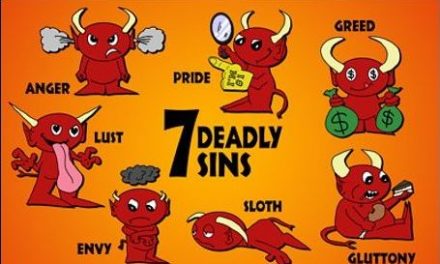If Chinese firms have taught us one thing, it is that manufacturing products is much easier than building brands. These companies continue to display their amazing ability to effortlessly replicate and reproduce at a far lower cost any product that catches their fancy. These knockoffs leech off the originals’ branding and in exchange consumers, the world over are treated to replicas of products that they would otherwise have been unable to afford. It is all well and good until some unscrupulous individuals try to pass off these lower quality facsimiles as originals. Even worse, some counterfeits end up threatening the health and safety of customers since they are usually produced without any kind of regulatory oversight.
In recent years the production of knockoffs has moved beyond its mainstay of consumer electronics into dicier categories like beverages, cosmetics and pharmaceuticals. These products are manufactured with the sole objective of making them passable as the originals with safety and health concerns coming in second if at all. As Zimbabweans’ collective incomes continue to shrink more of these imitations are making their way into the country. What is even more noteworthy is that a growing volume of these falsely branded products is being produced locally.
The existence of these counterfeits presents some risks and challenges for those who want to resell them or their authentic counterparts. Take the recent proliferation of fake premium brand alcohol in the country; imbibers have become suspicious of these drinks after discovering that the counterfeits contain toxic substances. Today I am going to discuss some of the strategies which retailers can use to win the trust of their customers whether they only sell the authentic products or they also carry their knockoffs.
Clearly indicate the counterfeits you are selling
Since these knockoff products are usually the best that most locals can afford, retailers carry them either in lieu or alongside the originals. It is now a widely accepted fact that the majority of products, particularly consumer electronics, being sold in stores are knockoffs. Unfortunately, the one mistake that some of these shops make is trying to pass them off as originals to unsuspecting customers. Lying to your customers in order to get a quick sale is only likely to be sustainable in businesses that deal in big-ticket purchases like car dealerships and real estate; everyone else needs return business and satisfied customers whenever possible.
In order to win the trust of customers, businesses should help their customers differentiate genuine products from their knockoffs. Never assume that your customers will correctly assume that a product is a fake from the price alone. While you may think that this may lose you, customers, you would discover that people will trust you more and are more receptive of your product recommendations. In addition, if you clearly discriminate between your knockoff and authentic products, your customers will be better assured of the status of the latter.
Tell your customers how to spot counterfeits
If you are selling authentic brand name products you can benefit from more widespread knowledge of how to spot counterfeits. You can achieve this by educating your current and future customers. This can be tied to your marketing efforts and materials e.g flyers and in-store posters. By educating your customers you not only build trust and rapport but your efforts will go a long way in ensuring that you never lose customers to counterfeits masquerading as bargains.
Know how to spot counterfeits yourself
It is not only the final consumers that are affected by brand mimics. Sometimes retailers themselves are deceived while in search of bargains. During the on-going fake alcohol saga, I am sure that while some bars intentionally sold alcohol that they knew was from unsavoury sources, some did it unwittingly. Not every reseller is an expert on the product that they are supposed to sell. If you fall victim to someone selling these low quality and sometimes harmful products you can end up suffering massive financial losses or ruining your relationships with your clientele. It is therefore important that you should be able to spot counterfeits yourself before your customers do it for you.
Conduct your own product quality testing
Businesses should conduct their own quality testing on the products that they are supposed to be selling. In the case of products like consumer electronics, you are then better able to arm your salespeople and consequently your customers with the appropriate information.
Basic quality testing becomes even more important for products that customers are supposed to consume like beverages and pharmaceuticals. If these products are defective you cannot sell them at all because you may endanger their health and the future of your business. Most of the fake alcohol currently being sold in the country contains dangerous levels of methanol, which is poisonous in large quantities. Businesses that sell alcohol to the public should at least be testing for this toxin on a regular basis. These in-house quality tests can be packaged as part of your marketing.








